We have been talking lately about buying a campervan or caravan, so we can enjoy a carefree time exploring the wonderful and welcoming Scottish countryside.
Or, rather, my wife has been talking a lot about it. I’ve just been listening with a growing sense of dread.
It doesn’t appeal to me. Apologies to the campervan and caravanning fraternity, but it just seems so much hassle and stress – without much return.
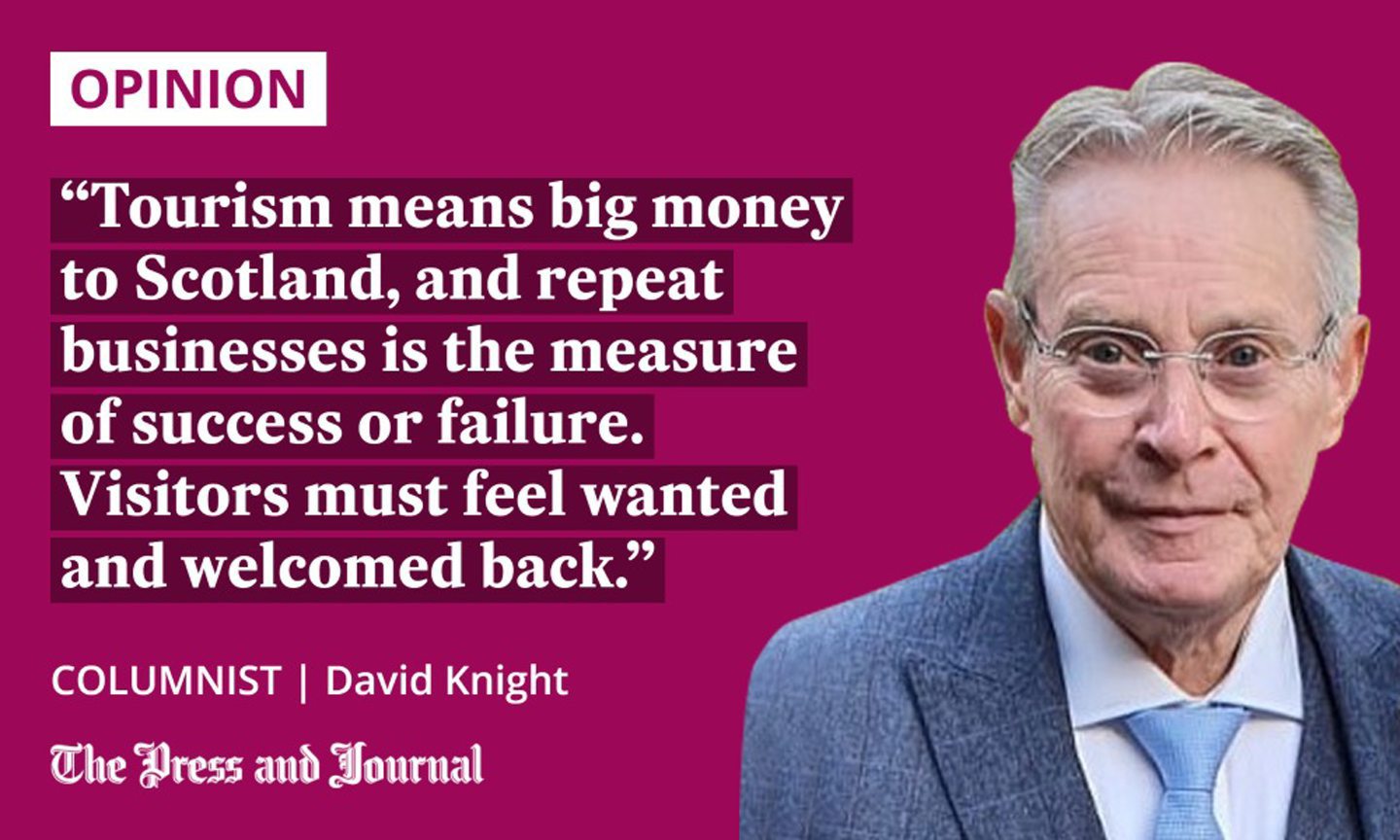
I hate lugging luggage around at the best of times. To me, a campervan, or the even bigger motorhome, is a giant suitcase on wheels, manoeuvring around in ever-decreasing circles in narrow country lanes.
Or tight supermarket parking bays – like a size 10 foot in a size six shoe.
Caravans are similar: I have a recurring vision of a touring caravan locked onto my car like a farm tractor with a load of manure – judging by looks of rage from drivers behind.
But the antics of these tourists-on-wheels are driving some locals mad. They are applying the brakes with a petition to impose greater controls on campervans in Scotland. Talk about biting the hand that feeds you.
Visitors must feel wanted
Surely it’s wrong to make campervans feel unwelcome? Anyone would think they were driving around with big Zs painted on their sides.
Generally, the answer to “is it wrong?” must be yes – but not at any price. There are always going to be local pressure spots causing problems, but where common sense must prevail on both sides of the argument.
Tourism means big money to Scotland, and repeat businesses is the measure of success or failure. Visitors must feel wanted and welcomed back, not the other way around.
Making them drive responsibly is a must, but not to drive them away. Otherwise, a perception grows that Scotland is not so welcoming after all.
I sometimes wonder if those most vociferous about visitors are former tourists themselves, but who settled here. It’s a form of snobbery; they want it all to themselves without “here today, gone tomorrow” tourists rolling in to spoil it.
Bad reviews drew me in
I thought of this again as I relaxed recently by my holiday pool in Lanzarote in the Canaries.
One of the biggest headaches with “self-catering” holidays is deciding which restaurant to choose every night.
I just had to look this place up on the web for myself. And, sure enough, the British reviews posted on its site were generally awful
It’s OK when you are a visitor from years back and know the patch like the back of your hand. But not if you are a newcomer; word of mouth tends to hold sway.
Alarming news about one establishment was now reaching my sunbed, moving swiftly on the trade winds which make palm trees sway vigorously in these parts.
“This is one place to avoid for a meal,” an old hand around the pool warned me darkly. “Word is they are rude and terrible with tourists, the British in particular. As if they don’t want us here at all.
“And they always wait until the end of the meal to tell tourists they don’t accept cards, only cash. It’s a nasty shock to first-timers.”
I just had to look this place up on the web for myself. And, sure enough, the British reviews posted on its site were generally awful.
They usually started with: “I’ll never ever go back…” or “I’ve never been so insulted”. It seemed Basil Fawltyesque.
So, there was only one thing to do: make a reservation for my wife and I straight away to see for ourselves.
Negative behaviour was blown out of proportion
As we ambled towards the front door a few nights later, I wondered if it was such good idea.
It was a large imposing white and green building on the seafront, near the harbour, where ferries went in and out. But it’s reputation went before it, and now the restaurant appeared as imposing as Castle Grayskull.
It felt like being invited to dinner with Jabba the Hutt in Return of the Jedi.
Our only defence would be to ingratiate ourselves and hope they took pity. So, I mustered as much basic Spanish as I could.
Let’s have some parking rules if really necessary, but cut campervans some slack, if possible
They seemed taken aback as we left the bright sunlight behind and stumbled up the dark stairs inside. But, they appreciated my efforts and, over the next couple of hours, all our fears melted.
The waiters were charming and funny; the food excellent. They even gave us a bottle of wine as a gift to show their appreciation (perhaps they realised how bad reviews were and a charm offensive was underway).
We enjoyed it so much we booked again for a couple of days later.
It shows how, especially on social media, perceptions can be completely wrong. And fears about negative tourist behaviour or anti-tourist sentiment blown out of proportion.
Yes, let’s have some parking rules if really necessary, but cut campervans some slack, if possible. As long as they don’t drive a coach and horses through our patience zone, that is.
David Knight is the long-serving former deputy editor of The Press and Journal
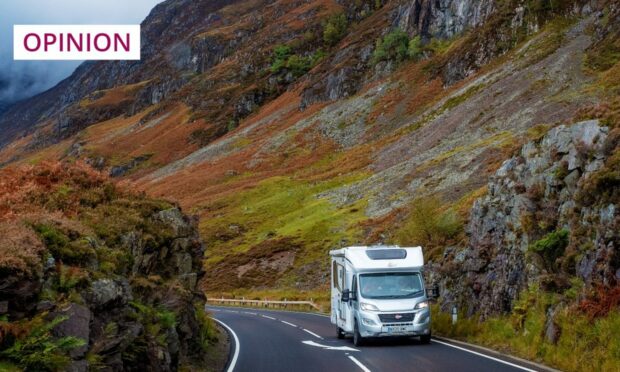
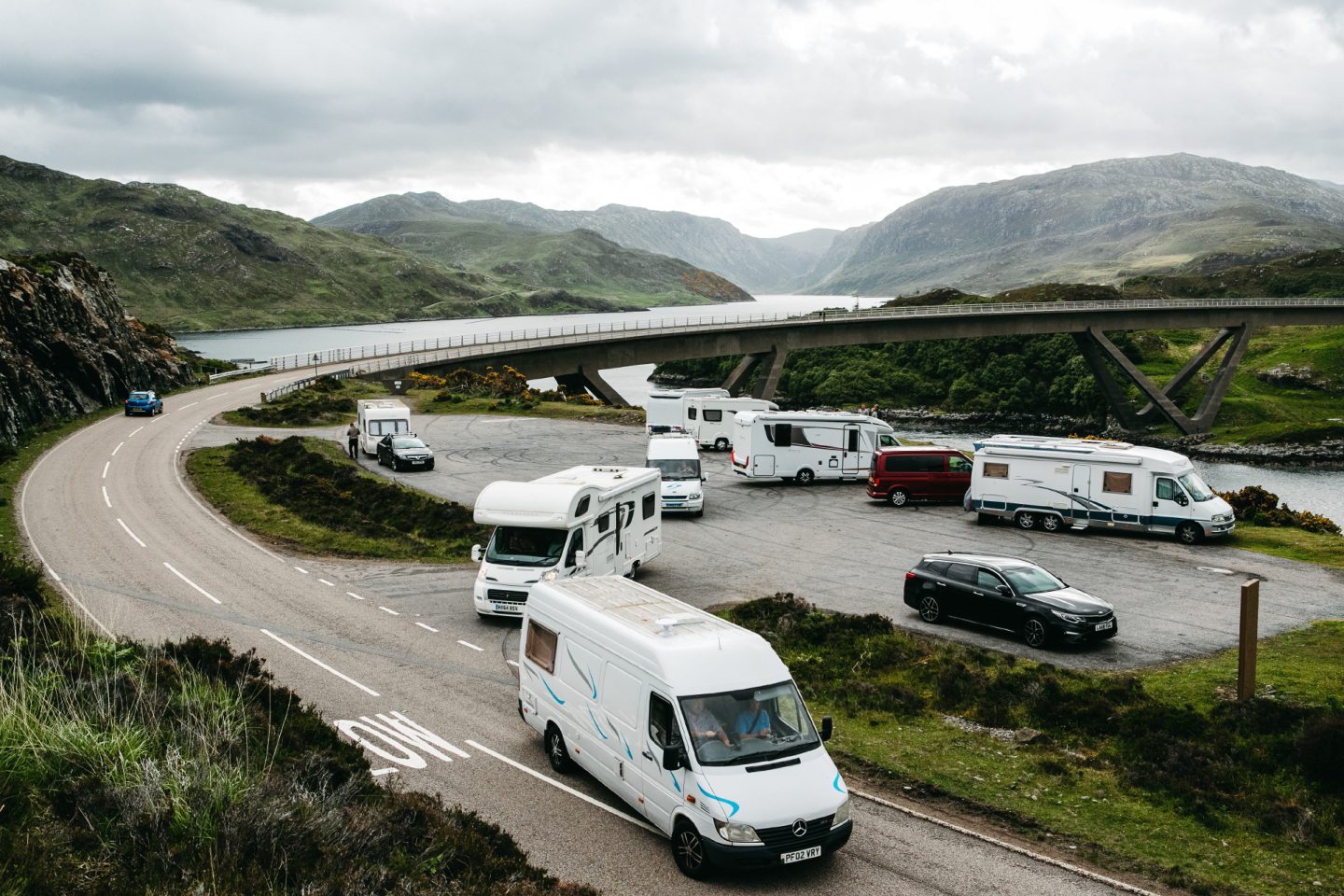



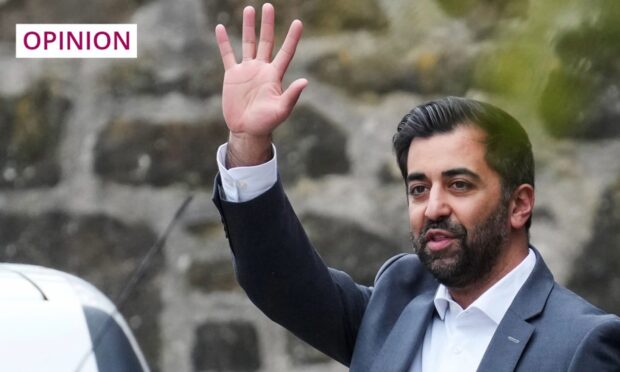
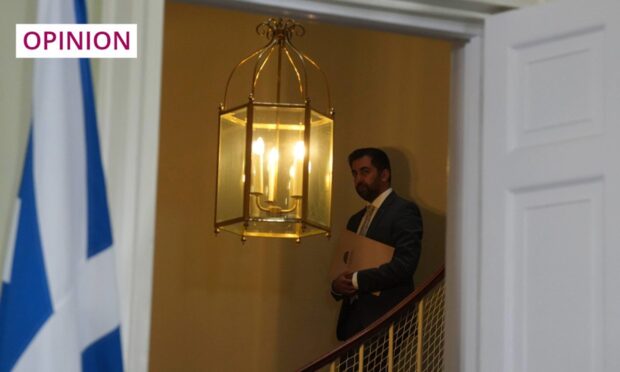






Conversation